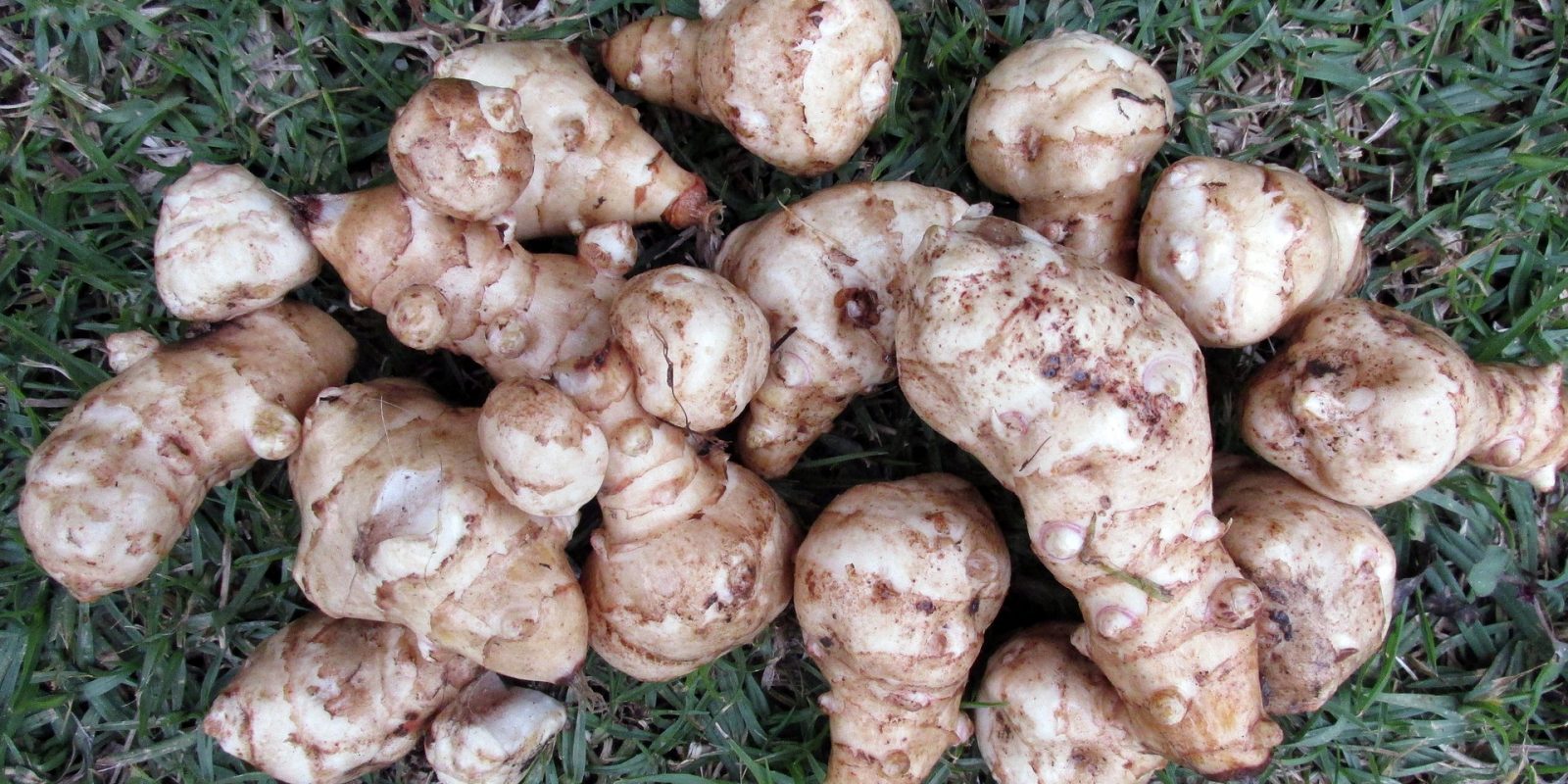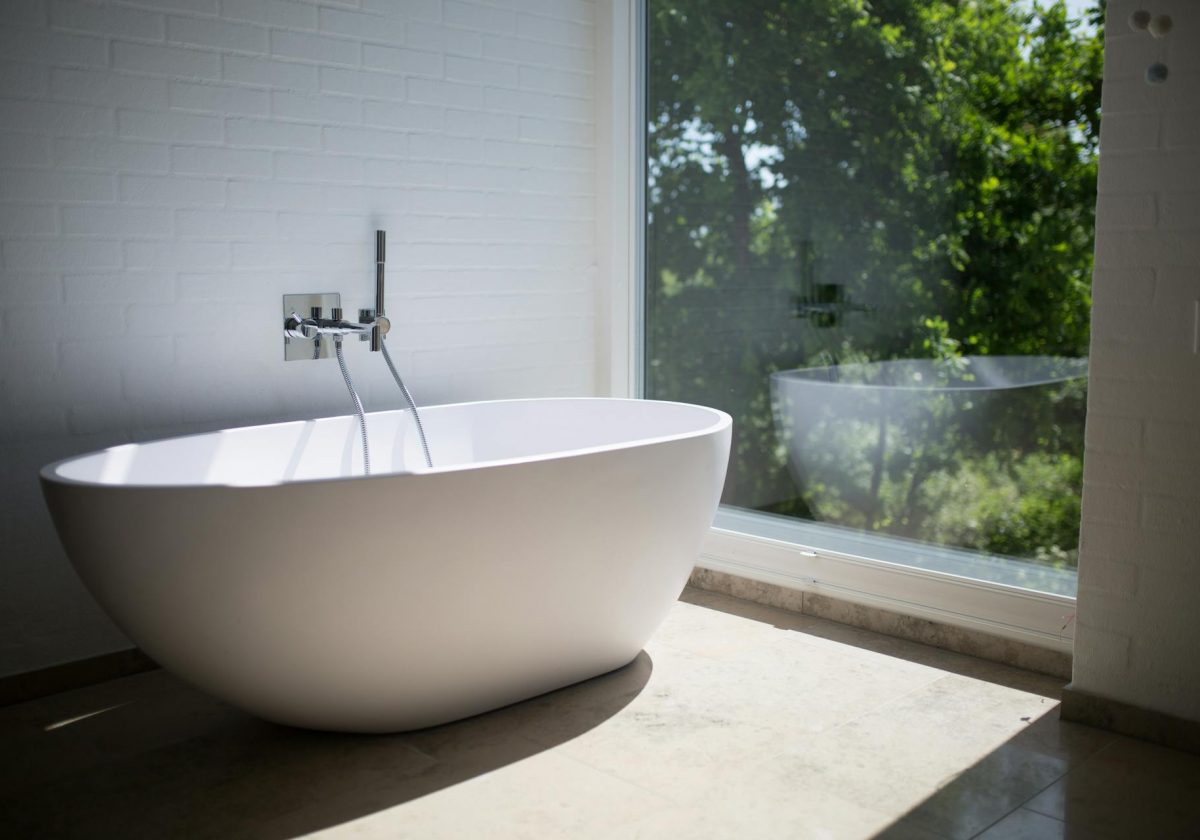There is something strangely soothing about growing your own veggies. In this article, let’s discuss how to grow Jerusalem Artichoke in your Perth backyard.
(Whilst most of this guide suits anywhere in Australia, check local conditions for growing months if you live outside Perth.)
Did you know that working your hands in the soil has been proven to improve your immune system and your mental health? Studies show that gardeners are less stressed, and live longer.
When should you plant Jerusalem Artichoke?
The best months to plant Jerusalem Artichoke in Perth are Aug-Nov. You can plant using Tubers, ideally when the soil temperature is around 10-20 degrees celcius and the air is around 5-25 degree celcius.
Seeds or Transplant? Tubers
Ideal air temp: 5-25c
Ideal soil temp: 10-20c
Can Jerusalem Artichoke grow in pots?
Yes, however you will require a large, deep pot.
The great thing about planting Jerusalem Artichoke in pots is that you can move them around easily, should they need more or less sun, or are getting attacked by pests. In some cases, you can even grow Jerusalem Artichoke indoors, as long as the position can get enough sun.
How much sun should Jerusalem Artichoke get?
You will discover that Jerusalem Artichoke thrives on Full sun or Semi-shade.
Some gardens get more shade than others, and your direction north etc varies. Try the ideal position first, and if the Jerusalem Artichoke isn’t growing well enough, maybe try a more or less sunnier spot.
Don’t judge each day by the harvest you reap but by the seeds that you plant.
Robert Louis Stevenson
How often should you water Jerusalem Artichoke?
Jerusalem Artichoke really enjoys when it gets Regular watering.
They prefer soil that is Well-drained.
When can you harvest?
Being a Annual vegetable, the ideal time to harvest your Jerusalem Artichoke crop is around Mar-May. Play it by ear though, and just see how your plant(s) do this season.
Growing Jerusalem Artichoke in rows
If you are getting serious with your vegetable garden, you may wish to grow Jerusalem Artichoke in rows. You’ll need to allow around 75-100 centimetres between rows, and 30 centimetres between each seedling or seed.
Space between rows: 75-100 cm
Space between seedlings: 30 cm
Keep the seeds!
Did you know that you can keep Jerusalem Artichoke seeds for up to 1 years, and use them to grow more next season?
The glory of gardening: hands in the dirt, head in the sun, heart with nature. To nurture a garden is to feed not just on the body, but the soul.
Robert Breault
Enjoy delicious Jerusalem Artichoke in your Perth garden
You can save so much money by growing Jerusalem Artichoke in your own backyard.
Growing even a a pot or two of vegetables that you can then eat can save you a truckloads of money. Home grown veggies are valuable, especially when compared to the price of organic vegetables in the shops.
I trust you found the above article motivating and soon you’ll be in the garden.










